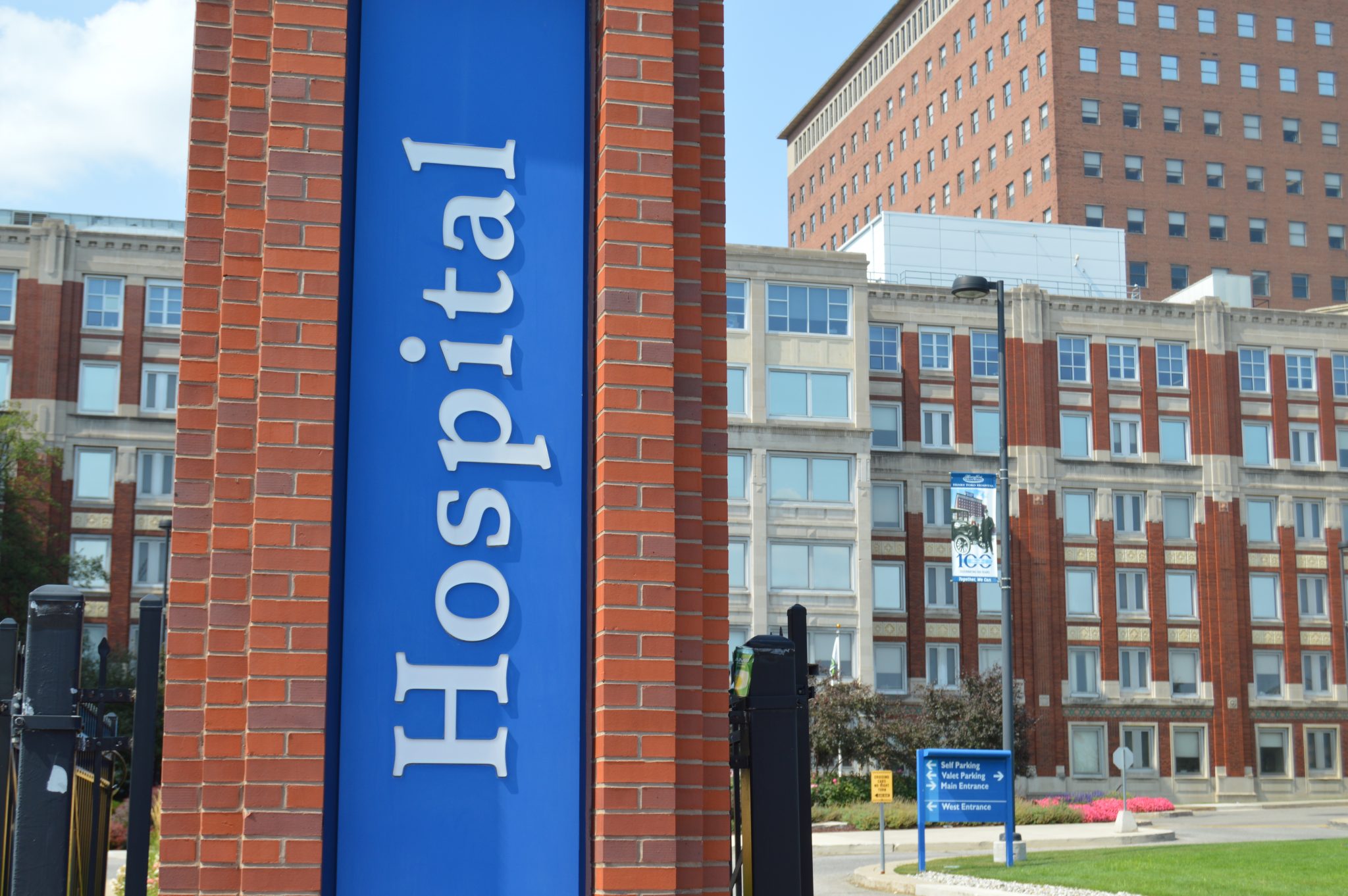U.S. Department of Health and Human Services deploys additional assistance to help Henry Ford Health System during the latest COVID-19 surge
Two teams will help fill in gaps due to staff shortages and a growing number of patients hospitalized with the omicron variant.

A federal medical team will remain on-site for at least 45 days at Henry Ford Wyandotte Hospital due to a surge of COVID-19 infections.
Bob Riney, chief operating officer for Henry Ford, says federal help is needed and wanted during the latest surge of COVID-19 in the state. “But the reality is, we’re grateful that we have support in any part of our system, because then that allows us to use some of our other internal talent in other places in the organization where need is strong as well.”
Now the numbers of COVID patients who are infected with the omicron is multiple fold what we see with the flu so this is the concern.” —Dr. Adnan Munkarah, chief clinical officer for Henry Ford
Riney says the first team is in position and have been assisting Henry Ford staff since Monday.
As of Monday, there are 87 beds closed due to staffing shortages. That includes 22 beds at Henry Ford Wyandotte. Riney says the federal team can provide care for up to 24 beds with additional support of inpatient and surgical units.
Riney says the location was chosen based on the growing number of hospitalized patients.
“They are making a determination based on where they believe they can have the greatest impact,” Riney says. “And certainly at the time that they looked at our data, Wyandotte was and continues to be extremely pressed with very high COVID related hospitalizations as well as others.”
Dr. Adnan Munkarah, chief clinical officer for Henry Ford, says the omicron strain of COVID-19 should not be taken lightly.
“People die from the flu when it gets severe because there is a certain percentage of people who get severe flu,” Munkarah says. “And now the numbers of COVID patients who are infected with the omicron is multiple fold what we see with the flu so this is the concern.”
Munkarah says there are two groups of COVID-19 patients right now: the unvaccinated and the vaccinated.
Most vaccinated patients have comorbidities or pre-existing conditions making them more susceptible to serious infections.
Munkarah says the unvaccinated are relatively healthy people between 25 and 40 who still require hospitalization.
The booster has minimized the impact of COVID-19, even among those who are infected, Munkarah says. “So this is why the vaccines continue to be important. They’ve been proven to be extremely safe. And I know that people are getting fatigued repeating that. But this is our way out. And everybody is repeating the same and confirming this.”
Munkarah says as of Thursday morning, there is a 36% positivity rate of new confirmed cases. He says last week, the highest COVID-19 positivity rate was among people ages 21-30.
Trusted, accurate, up-to-date.
WDET strives to make our journalism accessible to everyone. As a public media institution, we maintain our journalistic integrity through independent support from readers like you. If you value WDET as your source of news, music and conversation, please make a gift today.
